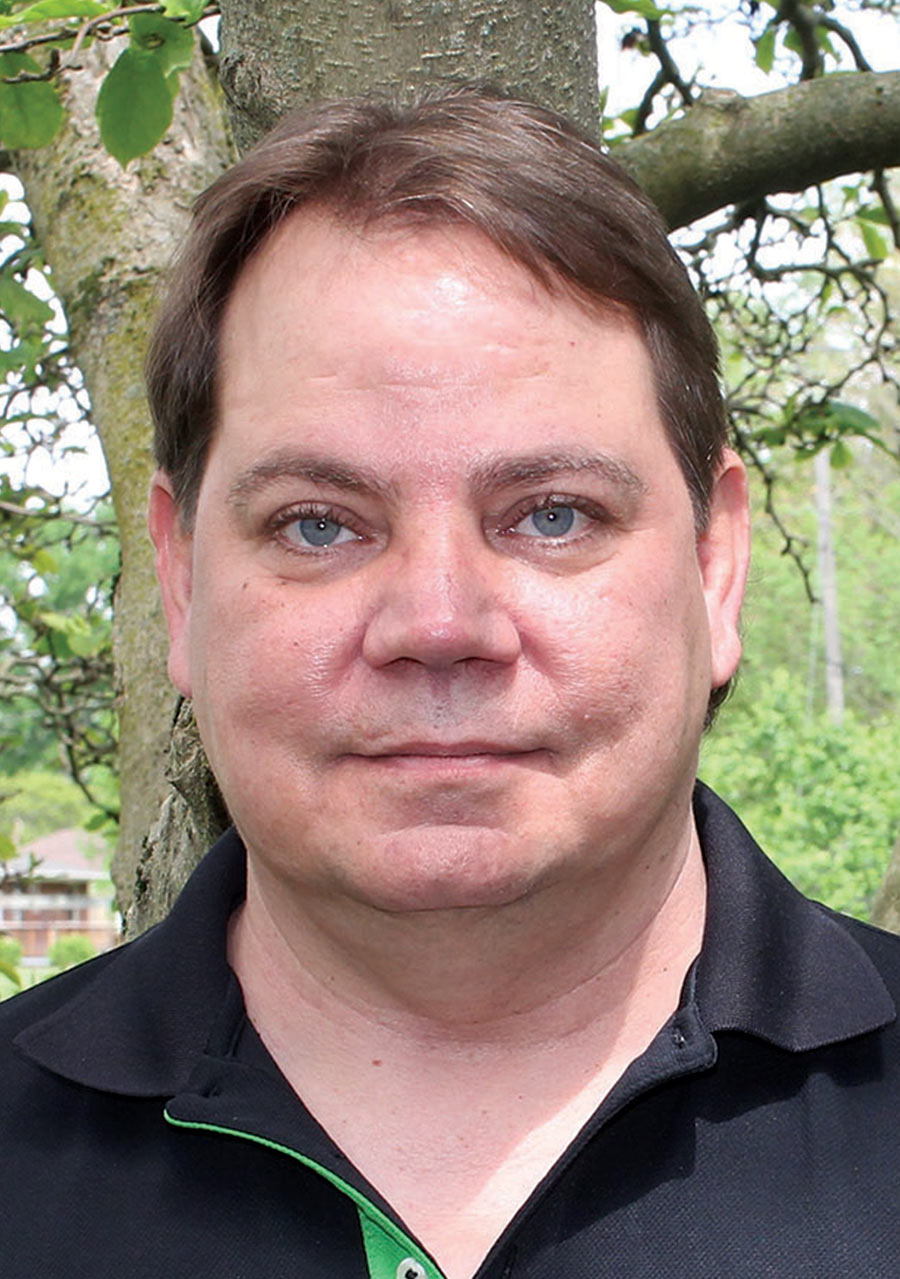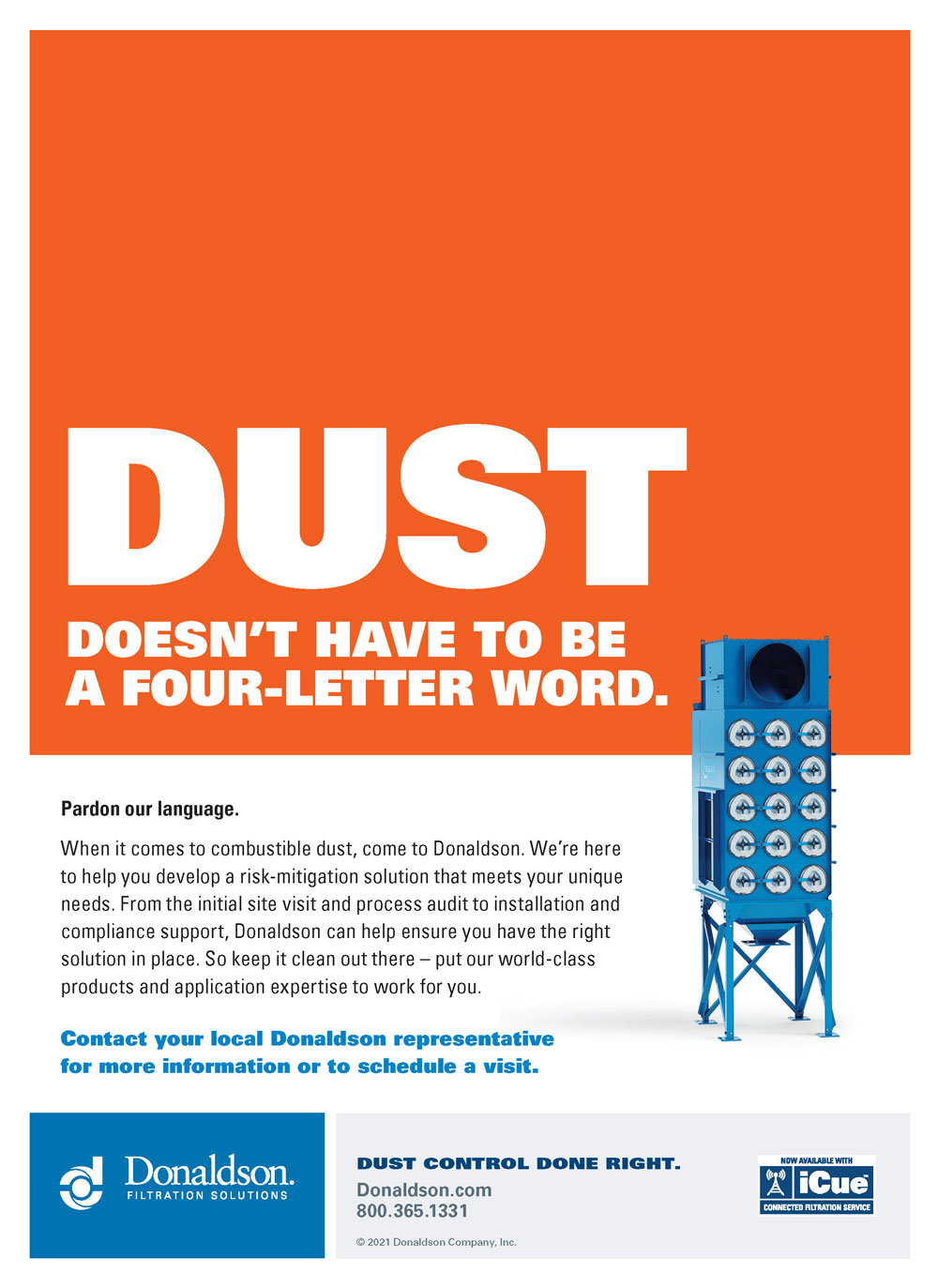s an essential business, in a right-to-work state, High Performance Alloys has been blessed to maintain its open status. One of the ways our company prepared for a downturn was to apply and receive assistance via the federal government’s Paycheck Protection Program (PPP). The PPP was designed to help companies survive a three-month shutdown, covering salaries and expenses, with 2019 numbers as the guide to those amounts.

This downtime has allowed us to closely review metrics to maintain a balance among quotes, sales and shipments. We have been lucky to have several decades of clients and past business to draw upon. This makes the math a little easier because we know what our commitments are to our mills, Uncle Sam and our employees.
Attaining an overall advertising ROI over 1,000 percent was not previously one of our goals; however, it is attainable. While maintaining it may be difficult, we just need to find the underlying metrics that drive the conversions. In spite of COVID-19, our company has seen growth. We have been able to review our procedures and streamline processes. We can focus on in-house processes and set aside time for research and development.
Going forward, the new normal with people not traveling and staying close to home will mean a drastic change in supply chains and the economy overall. Restrictions and bans on business operations will lead to only the survival of the largest, with the mom and pop shops closing without real representation in Washington, D.C. Large and medium cities mainly dependent upon tourism and sports will need to diversify or adapt—and quickly.
The country is being coerced into a mandate to eliminate carbon-based fuels, which we think presents great risks. The airlines, hospitality and sports, in general, are on notice now. Without the ability to travel freely state to state, our way of life in the U.S. is going to change dramatically. Nobody has a week to take a solar train ride coast to coast, and it will be interesting to note which politicians actually fly less. Aerospace is one of the backbones of America. In such a vast area, quick travel makes the country seem smaller. I cannot fathom a country without the airlines.
In addition, when will combustion engine changeover kits be available? Most of us have about 15 years to ditch our current ride, but what about the vintage vehicles? The purists will leave their ’57 or ’66 intact. With the surplus of fuel made available switching to electric, will we still be able to have plastics and rubber? How will the road paving and sealing markets change to meet the new requirements?
We are using the downturn to reorganize our plant’s layout. One bright spot is the ability to review the usage of idle equipment. This is something that was not feasible before, because there were jobs to be completed and large backlogs that spanned months. It will be interesting to evaluate the efficiency gained without actually adding robots.
With what we know about COVID-19, we are able to be proactive about our future. What remains to be seen is how fluid the virus will become over the next few years.
